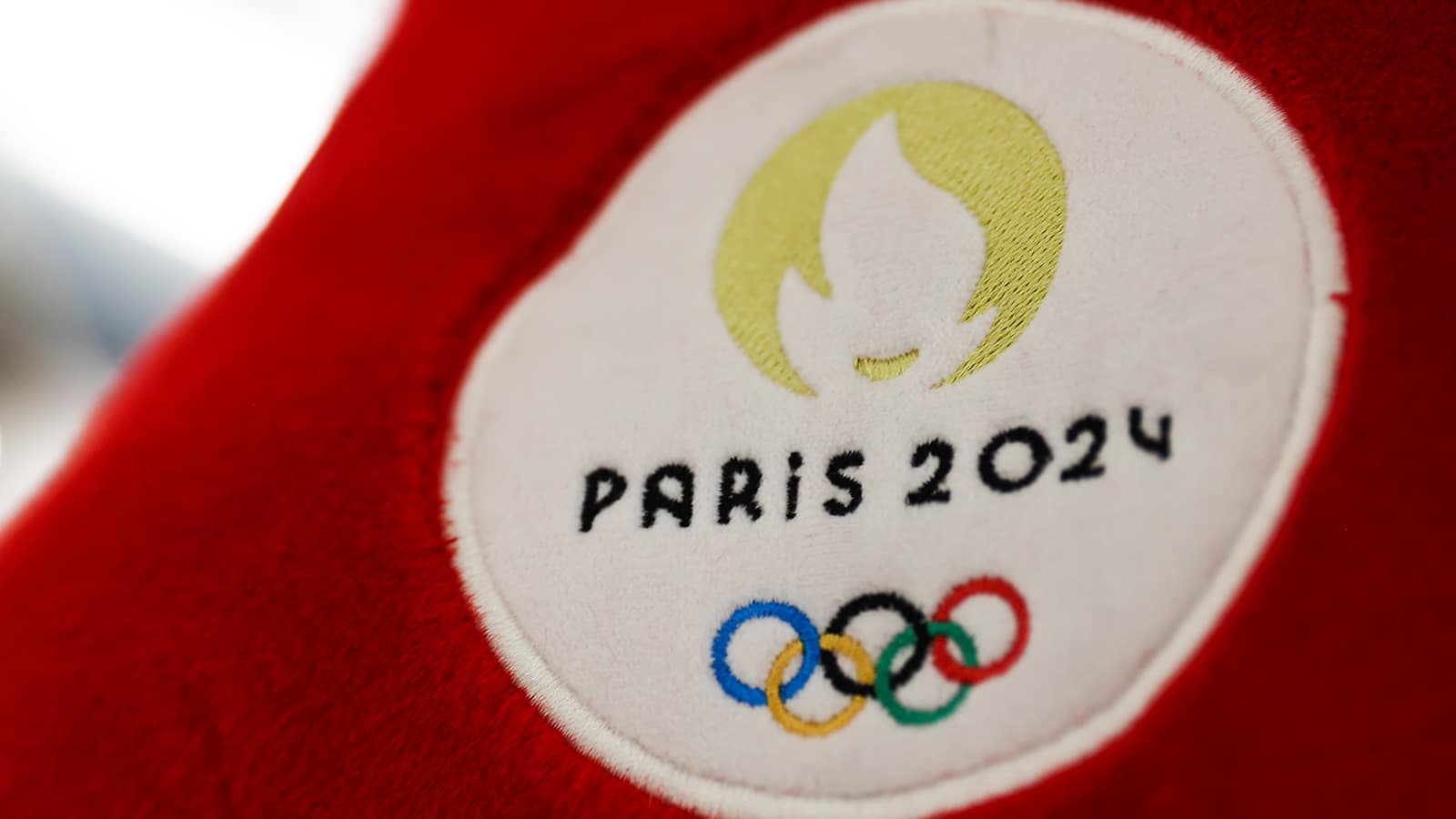
The Tokyo Olympics Concluded With a Sleazy Moment
Runner Morhad Amdouni missed the gist of the memo about the International Olympic Committee changing the motto ahead of the Tokyo Olympics. The committee added a word to the existing motto so that it now reads “Citius, Altius, Fortius – Communiter.”
In English, that’s “Faster, Higher, Stronger – Together,” which finally acknowledges the unifying power of sports, unless you’re talking about Soviet-bloc nations doing a hatchet job on Team USA in the 1972 men’s basketball final.
However, it seems the French marathoner lost something in the translation. He interpreted the last word to mean “every man for himself.”
Unhorsemanlike conduct was a late entry for most despicable behavior
Even if American television viewers largely ignored a competition half a world away, Tokyo pulled off a successful Olympics under trying circumstances. The pandemic postponed the quadrennial event for a year and nearly torpedoed it again this summer. However, organizers succeeded in squeezing in all the competitions, even if they had to ban spectators to do so.
The affair was running smoothly right up until the final days. That’s when a German coach marred an equestrian competition with an unthinkable act. The IOC ejected Kim Raisner, coach of her nation’s modern pentathlon team, from the remainder of the Olympics after she struck a horse and encouraged the rider to do the same during Friday’s show-jumping competition.
According to CBS News, Saint Boy became distressed and refused to follow the commands of rider Annika Schleu. As Schleu tried to encourage the horse to start the competition, she used her riding crop to strike Saint Boy on the hindquarter. Raisner then reached over a barrier and punched the horse while imploring Schleu to “really hit it.”
In terms of inflicting pain, the blows from the riding crop were worse than what the coach did. But the video of Raisner reaching over the barrier to strike the horse with a closed fist appalled viewers. There was understandably no support for allowing her to continue in her role.
The Tokyo Olympics concluded with a sleazy moment
The gold-medal performance for crummy behavior in the Tokyo Olympics followed on the final day. Amdouni, the French distance runner, didn’t have a “hold my beer” moment as much as did a “you can’t have any water” moment.
Competing in Sunday’s marathon, Amdouni intentionally knocked over a row of water bottles, grabbing the very last one for himself and leaving competitors behind him thirsty. Had it been two miles into the Sapporo course in 60-degree temperatures, that would have been one thing. But the more than 100 runners were 17 miles into their day, and the temperature was 84 degrees with high humidity.
The bottles stood in two rows on a table when Amdouni, in a pack with several other runners, stuck out his right arm and knocked close to two dozen bottles to the ground. He grabbed the last remaining bottle and went on his way.
Organizers set up water stations throughout the marathon course, so it’s not as though the other runners went lacking over the remaining nine miles. But it’s hard to make a case that what Amdouni did was the result of clumsiness or delirium, especially since he completed the race.
Amdouni finished in 17th place, about six minutes behind winner Eliud Kipchoge, the defending champion. His excuse doesn’t pass the smell test.
“To guarantee freshness to the bottles, they are soaked in water, which makes them slippery,” he said in a statement, according to Eurosport. “However, it is clear that I am trying to get one from the beginning of the row, but they slip as soon as we touch them.”
Recalling Frank Shorter’s marathon triumph
When it comes to shady behavior in Olympic marathons, Amdouni has nothing on Norbert Sudhaus and the stunt he pulled in 1972.
American Frank Shorter tried an ambitious double at the Munich Olympics. He finished fifth in the men’s 10,000 meters final, breaking the American record. A few days later, he won the gold medal in the marathon, but not without enduring drama late in the race.
Shorter remained in command as the runners made their way back to Olympic Stadium, where the event would conclude at the finish line on the track. Roughly 20 seconds before Shorter reached the stadium, cheers went up from inside as Sudhaus, a German student dressed like a competitor, came charging out of the tunnel and onto the track.
Shorter made it inside shortly afterward and saw Sudhaus. The American was confident Sudhaus was a fraud since no one had passed him along the way, and race officials quickly came to the same conclusion. They were prepared to yank Sudhaus off the track before he reached the finish line, but he exited through another tunnel first.
ABC Sports commentator Eric Siegel’s impassioned cry during the confusion, “It’s a fake, Frank!” became a sound bite played repeatedly over the years.
“Someone from the stands yelled, ‘Don’t worry, Frank,’” Shorter recalled. “I said to myself, “Why should I worry? I’m winning. … If somebody had gone by me, I would have known it.”
That’s how real marathoners deal with adversity.
Like Sportscasting on Facebook. Follow us on Twitter @sportscasting19.



